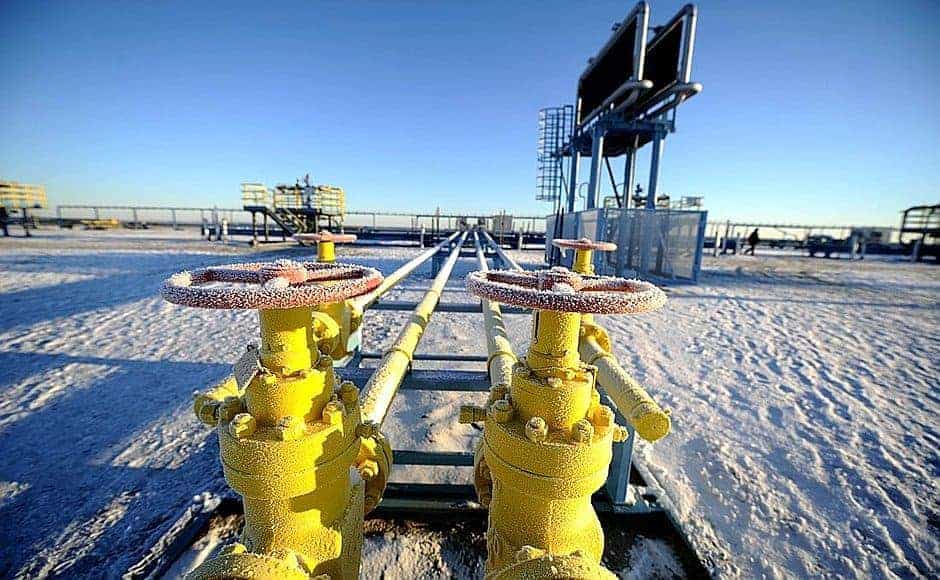The latest development in the continuously changing saga of Canadian oil sands–related mergers and acquisitions involves the recently announced friendly takeover of Veresen Inc. (TSX:VSN) by Pembina Pipeline Corp. (TSX:PPL)(NYSE:PBA).
On Monday, both companies’ stock prices experienced significant moves on the news; Veresen shareholders got an immediate 19% boost, and Pembina shareholders experienced a decline of 3.3% on the announcement.
Details of the deal
This acquisition is a significant transaction in terms of deal size. Pembina will purchase Veresen’s stock for either $18.65 cash per share, swap its own stock at a rate of 0.4287 per Veresen share, or a combination of both. Pembina has agreed to pay $5.8 billion for Veresen’s equity and has also agreed to assume Veresen’s debt, which amounts to $3.9 billion, bringing the total transaction size to $9.7 billion.
The transaction value implies a premium of just over 22% for Veresen’s equity; investors quickly bid up the price of Veresen’s stock with shares trading 19% higher upon market open and at a relatively stable level throughout the day.
The combined entity is expected to have a dividend which will be increased by 5.9% after the deal is finalized — another incentive for this deal to be approved by shareholders.
Reason for the deal
As with many of the other large acquisitions in the Canadian oil and gas industry of late, this deal is another example of a defensive maneuver with two related businesses choosing to combine operations to provide increased value to shareholders. Bigger does seem to be better in the Canadian oil and gas industry; this transaction is among a number of other deals that have closed recently involving energy processing, transportation, and distribution businesses.
Analysts have pointed to the fact that many of the undeveloped and unsecured projects Veresen currently has on its books may not have been developed by Veresen had the company remained solo. A number of expansion opportunities in the U.S. market, including the unsecured Jordan Cove liquified natural gas project proposed for the Oregon Coast, are now very likely to proceed should the merger be approved.
Bottom line
This acquisition should provide Pembina with some strong assets and a combined entity with a far larger defensive moat to deal with pervasive issues unique to the oil and gas industry. Increased competition and continued downward pressure on oil prices and margins make Canadian oil sands a risky play; however, the nature of the oil and gas transportation business is one that may prove to withstand many of these pressures better over time than the producers themselves.
That said, the long-term reward may simply not be worth the risk for investors who are not bullish on the long-term prospects of the Canadian oil and gas industry.
Stay Foolish, my friends.









